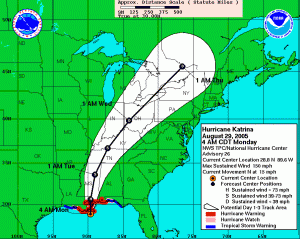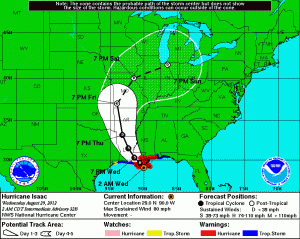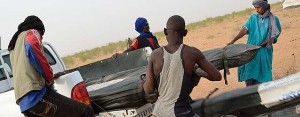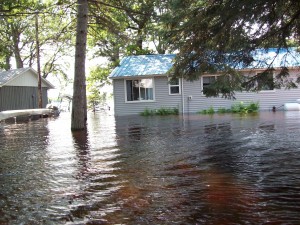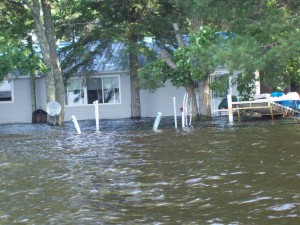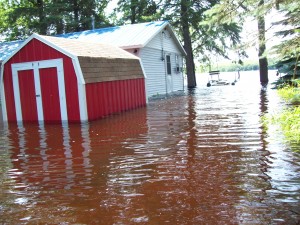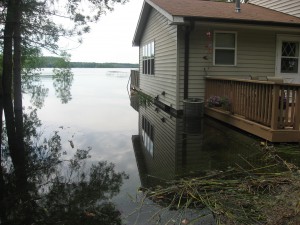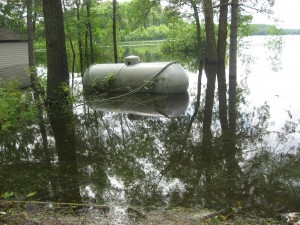Today marks the 7-year anniversary of when Hurricane Katrina made landfall along the Gulf Coast. This landmark disaster has changed much about the way we repond to disaster, for Lutheran Disaster Response, our partners and our country’s government. Many of those lessons were hard-learned. Gaps in the system were learned and addressed in the midst of responding. Yet, from these trials there have been positive results.
As we take time today to pause and think back to the situation caused by Katrina in 2005 it seems appropriate to name some of the lessons learned. This is especially true as we are experiencing the landfall of Hurricane Isaac exactly 7 years later in this same region. (see photos at end of post)
Disaster Preparedness
One of the major lessons learned from Katrina was about what it meant to truly prepare for an incoming disaster. As we have been tracking the approach of Isaac (being on conference calls, following website postings, etc) it is clear that this region has been here before. People in charge are aware of what the situation may entail. The right organizations are talking to each other. Information is being shared in a timely and efficient manner.
And beyond this there are more tangible things like the story that Lutheran Disaster Response Director, Pastor Michael Stadie, shared with me. He was describing a news report from the French Quarter in New Orleans where the reporter was commenting on how much less debris there was blowing around and causing damage compared to Katrina. This lack of debris is in part due to better preparedness measures.
We Work Better Together
During Katrina a lot of disaster response agencies were all trying to do the same thing, meeting all of the needs they saw before them. This led to some areas getting double service while others were potentially missed. We have learned that working together through strong communications between our partners within the disaster resposne community and government agencies leads to a better, more effective, more efficient response. In the end of the day this means that more people will gain better services when they need them.
The Effects Extend Beyond the News Coverage
During Katrina the city of New Orleans captivated our attention as we saw with probably disbelief the damage nature can wreak, as well as the human-cause disasters that can arise when the response is not effective or timely. Yet we learned that both in time and geographic scope the effects of a disaster extend beyond what is covered by the media. During Katrina the areas around the Gulf Coast, from eastern Texas to Mobile, AL to Pensecola, FL felt the affects and were in need of response. Also, even seven years later there is still work that has just recently begun winding down in response to Katrina.
As we await the assessment of Isaac, we know that where we respond will be over a larger area than what is covered in the national media and will extend far beyond the time that the cameras are there. This is also a place where Lutheran Disaster Resposne has found a niche as we work to coordinate volunteers many months and years after a disaster. We also work through our affiliate network to help communities setup and manage their Long Term Recovery Committees that help address unmet needs as they arise.
—-
As we look into the future and the disaster it will inevitably bring, let us pause to give rememberance to Hurricane Katrina, the damage it caused and the hard lessons it taught us. May God grant us wisdom to learn from them and the patience and strength needed to put them into practice.
—–
Gifts to ELCA Disaster Response allow the church to respond at home and globally in times of need. Donate now.

